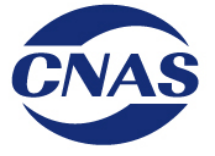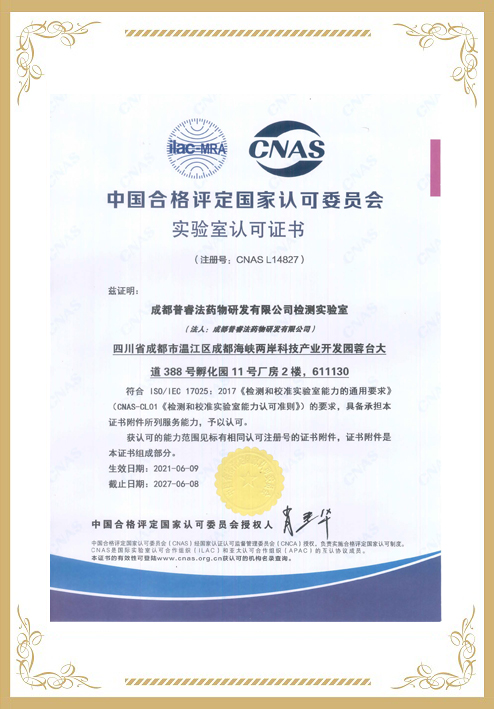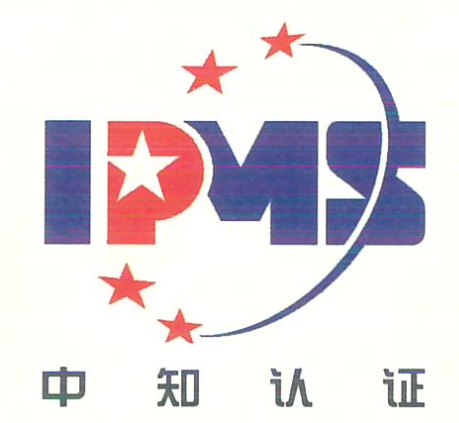This study evaluates the influence of increasing bile salts and the addition of key enzymes of the lipidic metabolism in the INFOGEST digestion method on sterol bioaccessibility from a plant sterol (PS)-enriched beverage. The assayed modifications were increasing concentration of bovine bile salts (10 vs. 17.5 mM), and addition of gastric lipase (GL) (60U/mL), cholesterol esterase (CE) (0.075 or 2U/mL) or both. Compared to the original method (10 mM bile salts without enzymes), the assayed conditions significantly reduced bioaccessibility of individual (from 11.3 to 19.7 to 5.1–16.6%) and total PS (13.7 to 6.9–8.0%), and cholesterol (52.8 to 20.9–26.1%), except only when CE is added not allowing cholesterol quantification. The bioaccessibility achieved when lipolytic enzymes were tested was similar for all sterols. For a more physiological approach to in vivo conditions, incorporation of bile salts (10 mM), GL (60U/mL) and CE (0.075U/mL) to the INFOGEST method is proposed, although it increases the cost compared to the established method.























